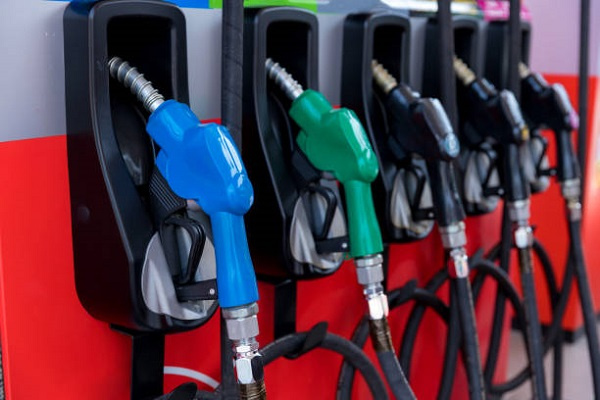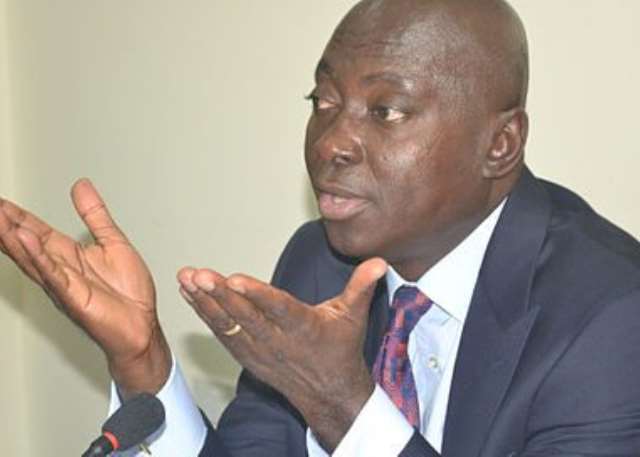Ghana to Pay $1.1bn Debt to ENI for Gas Supply

Accra, Ghana - 26 March, 2025 - Ghana's energy sector is facing a massive financial burden, with the government needing to pay a staggering $1.1 billion to ENI in 2025 alone.
This payment covers monthly invoices, letter of credit replenishments, and outstanding arrears, which Finance Minister Dr. Cassiel Ato Forson attributes to years of neglect and poor financial management.
The country's monthly energy costs stand at 2.5 billion cedis, with fuel and power generation consuming 1.9 billion cedis. However, the Electricity Company of Ghana (ECG) collects only 1.3 billion cedis, leaving a gaping shortfall of 1.2 billion cedis every month.
Dr. Ato Forson emphasized in a post on his X account (formerly Twitter) that the previous government's failure to address these mounting debts has left the current administration with a daunting task.
He assured that the government is committed to stabilizing the sector, clearing the debts, and ensuring Ghana's energy future is no longer crippled by poor decisions of the past.
''Minister, I am deeply concerned about the massive financial burden Ghana faces in the energy sector,'' he wrote on his X account.
For example, government will have to cough up a staggering $1.1 billion in 2025 to settle payments to ENI alone, covering monthly invoices, LC replenishments, and outstanding arrears.
''This is a direct consequence of years of neglect in the sector.
''For far too long, critical obligations were pushed aside, leaving us with a broken system that now demands urgent and painful corrections.
''The previous government failed to address these mounting debts, kicking the can down the road while the liabilities piled up.
''Now, we are forced to confront the harsh reality—our energy sector is under immense financial strain, and the bills can no longer be ignored.
''Our monthly energy costs stand at 2.5 billion cedis, with fuel and power generation alone consuming 1.9 billion cedis. Yet, ECG collects just 1.3 billion cedis, leaving a gaping shortfall of 1.2 billion cedis every month.

''At a recent meeting with ENI officials, I made it clear to them that we are left with no choice but to find the money that could have been used for other worthwhile pursuits like development, healthcare, and education to pay for commitments that should have been honoured years ago.
''It is frustrating that we are in this position, but we will not relinquish our responsibilities. We are committed to stabilizing the sector, clearing the debts we inherited, and ensuring Ghana’s energy future is no longer crippled by poor decisions of the past,'' he added.
The financial strain on the energy sector has far-reaching implications for Ghana's economy, with the International Monetary Fund (IMF) identifying the energy sector as a significant source of fiscal risk.
Source: Lead News Online




















:max_bytes(150000):strip_icc():format(webp)/Health-GettyImages-WalkingBeforeOrAfterEating-8163e09e54e849e6bdff75aec25f55db.jpg)
:max_bytes(150000):strip_icc():format(webp)/Health-GettyImages-SugarVsSugarAlcohol-b00b016d36a54d58bc6ef22f74d35628.jpg)
:max_bytes(150000):strip_icc():format(webp)/Health-GettyImages-1490455140-867589cab1104d58b38a8c29bdc3bba0.jpg)
































